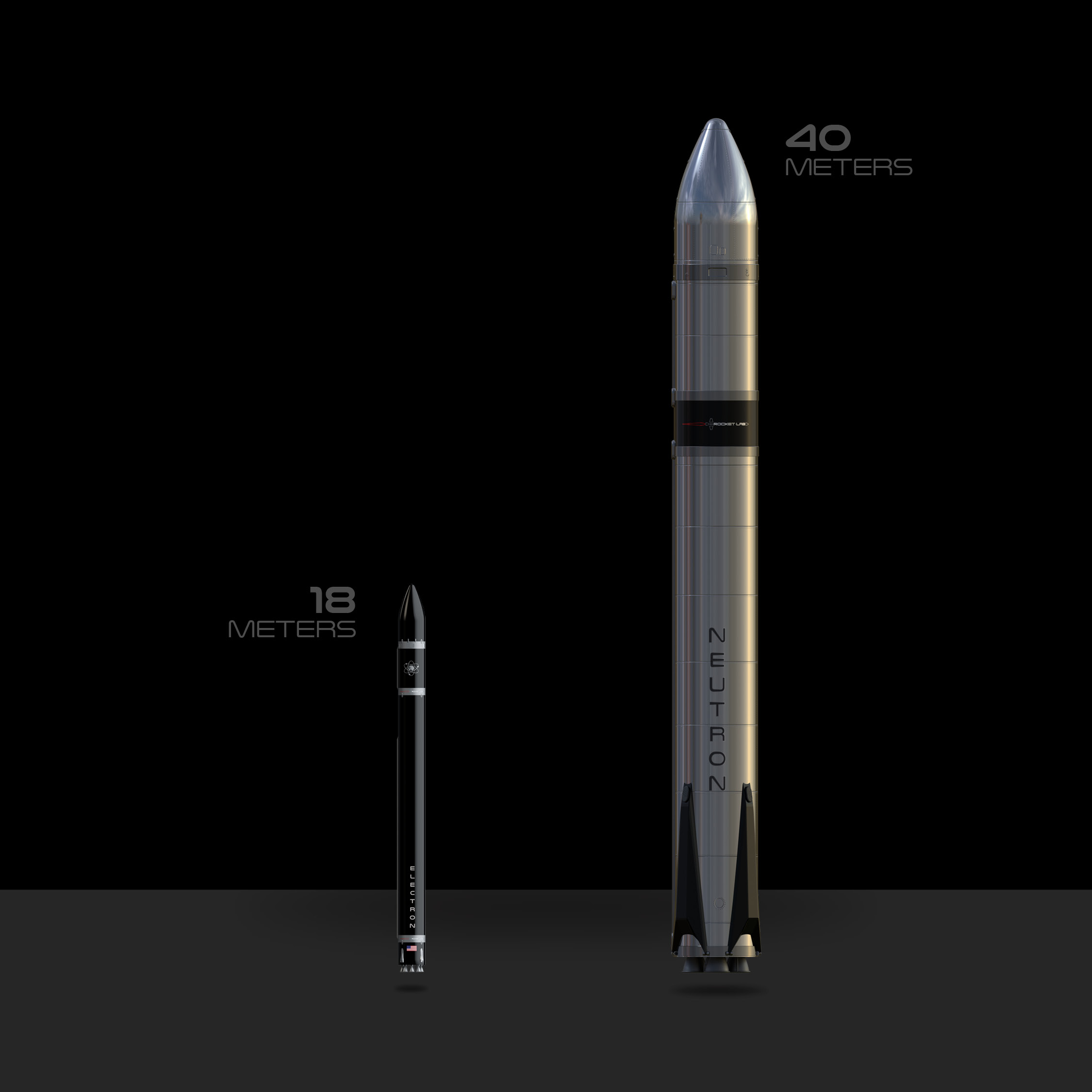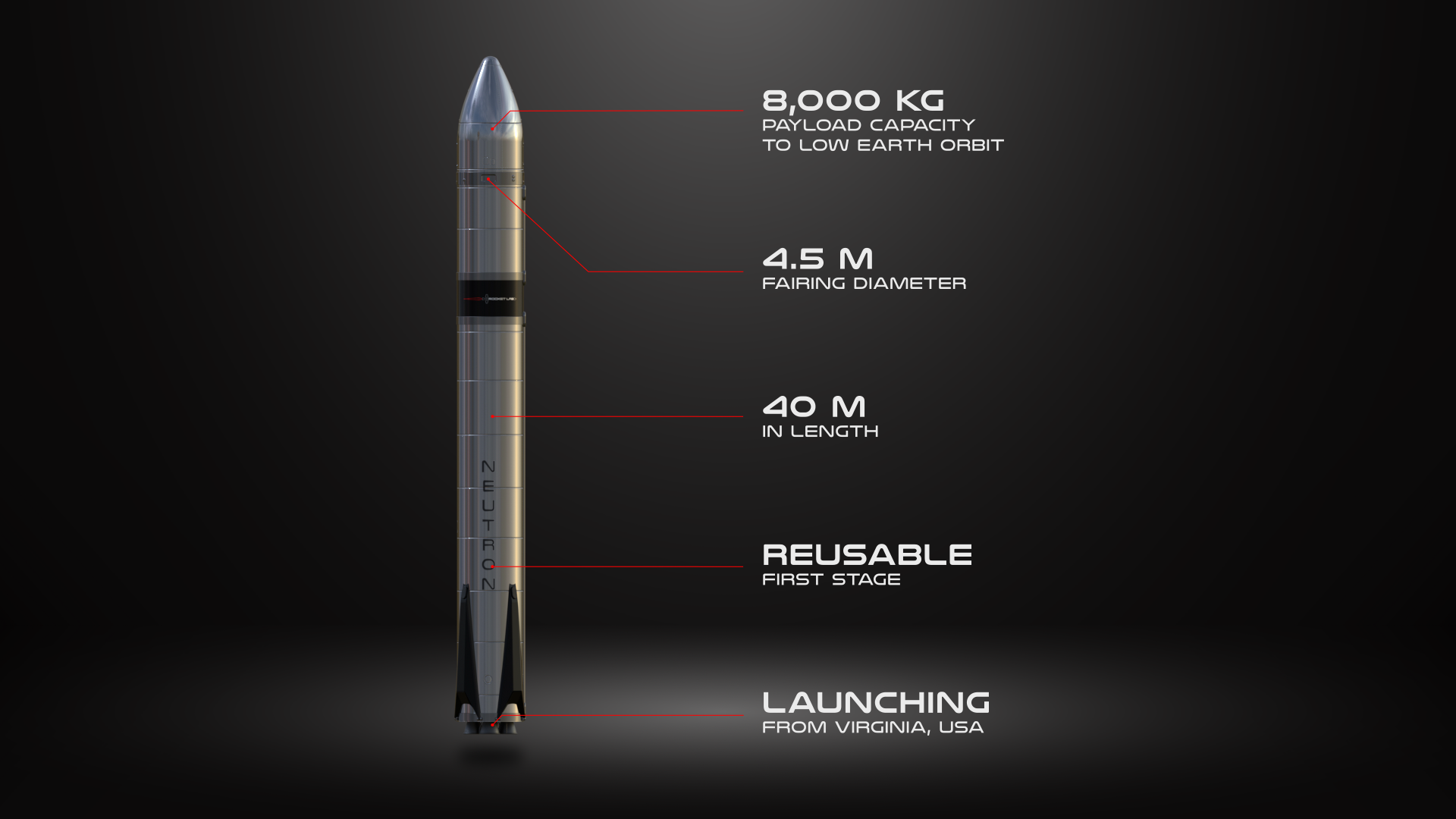California-based aerospace firm Rocket Lab has agreed to merge with blank check company Vector Acquisition Corporation (Nasdaq: VACQ) to go public with its 3D printed rocket building business, a move that will see the combined company valued at $4.1 billion.
Due to be completed in Q2 2021, the deal will see Rocket Lab listed on the Nasdaq under the ticker symbol ‘RKLB’ and will generate approximately $750 million in cash proceeds to the company. Rocket Lab will use the funds to accelerate the development of its new reusable Neutron launch vehicle, which it unveiled alongside its decision to go public.
The proceeds will also fund the company’s growth within the space systems market and support its expansion into space applications to facilitate the delivery of data and services from orbit.
“Since day one, our talented Rocket Lab team has demonstrated stellar execution and a keen ability to seize growth opportunities,” said Peter Beck, CEO and Founder of Rocket Labs. “Now, we are thrilled to build upon this momentum and welcome Alex Slusky, a seasoned technology investor and public company director, to our Board as we come together with Vector to become a publicly-traded pure-play-end-to-end space company.
“This milestone accelerates Rocket Lab’s ability to unlock the full potential of space through our launch and spacecraft platforms and catalyzes our ambition to create a new multi-billion-dollar business vertical in space applications.”

Rocket Lab’s 3D printed launch vehicles
Since its establishment in 2006, Rocket Lab’s ongoing mission has been to provide its commercial customers with rapid and repeatable launches of small orbital satellites. Having successfully launched its Ātea rocket in 2009, the company introduced the Electron, a two-stage launch vehicle as its successor, which it first launched in 2017.
The Electron Rocket’s Rutherford engine is powered by 3D printed liquid propellants, which are produced using electron beam melting (EBM) technology, and capable of reaching a thrust of 120N. Constructed using carbon composites, it can carry up to 225 kilos of payload, which makes it ideal for transporting small satellites.
Following the launch, Rocket lab secured $140 million of funding in November 2018 to continue the engine’s development, taking the company’s valuation to over $1 billion. The company has since celebrated the 100th 3D print of its Rutherford rocket engine, which was considered a significant milestone in the company’s pursuit of private space exploration.
Last year, Rocket Lab partnered with the US Space Force to launch a microsatellite from the US Air Force Research Laboratory’s Monolith program into space via its Electron rocket. Through this, the partners sought to determine the ability of small satellites to support large aperture payloads and to monitor space weather.

Introducing the Neutron
Now, Rocket Lab has lifted the lid on its latest innovation – a medium-lift rocket called Neutron. Described as an “advanced new generation” reusable launch vehicle, the Neutron will be equipped with an eight-ton payload lift capacity tailored for mega constellations, deep space missions, and even human space flight. According to Rocket Lab, the Neutron will be able to lift more than 90 percent of all satellites forecast to launch through to the end of the decade.
The Neutron will leverage the heritage, launch sites, and architecture of Rocket Lab’s Electron rocket, and will more than likely be equipped with the firm’s 3D printed Rutherford engines, in order to deliver lower costs to the constellation market. The rocket is due to launch in 2024.
“In the history of spaceflight, Rocket Lab is one of only two private companies that has delivered regular and reliable access to orbit,” continued Beck. “Not only are we the leader in small launch, we are the second most frequently launched rocket in the US annually and the fourth most frequent launcher globally. Space has defined some of humanity’s greatest achievements, and it continues to shape our future.
“The satellites we build and launch are keeping countless countries connected and borders protected, monitoring weather and managing waste, providing insights on climate change, and helping us manage resources for future generations.”

Going public on the Nasdaq
Rocket Lab is going public via a definitive business combination agreement with Vector, a special purpose acquisition company (SPAC) led by technology investor Alex Slusky of Vector Capital, which will value the combined company at $4.1 billion.
The deal will provide $750 million in cash on Rocket Lab’s balance sheet, comprised of up to $320 million of cash held in Vector’s trust account, assuming no redemptions by Vector’s public shareholders, and a $450 million PIPE of common stock priced at £10 per share. A PIPE involves the buying of shares of publicly traded stock at a price below the current market value per share in order to raise capital for the public company, and will be led by Vector Capital, BlackRock, and Neuberger Berman alongside 36 other investors.
Following the closing of the transaction in Q2 2021, the company will continue to be led by Beck, with Slusky joining Rocket Lab’s Board of Directors alongside Sven Strohband of Khosla Ventures, David Cowan of Bessemer Venture Partners, Matt Ocko of DCVC, and Mike Griffin, independent director. Current Rocket Lab shareholders will own 82 percent of the combined company.
The transaction has reportedly been unanimously approved by the boards of both companies, with the move to go public expected to generate a positive adjusted EBITDA for the firm in 2023, positive cash flows in 2024, and more than $1 billion in revenue in 2026.
“Rocket Lab is a once-in-a-generation company that is democratizing access to space through its constant innovation, leading technology and proven execution,” said Slusky. “Peter is a true visionary who has built a world-class company with discipline and grit. Rocket Lab is ideally positioned to continue to capture market share in the rapidly expanding space launch, systems, and applications markets.
“Vector Capital has a nearly 25-year track record of identifying and building high-growth technology businesses and we are thrilled to partner with Peter and Rocket Lab’s talented team to support the company’s next generation platforms and capabilities. Vector is thrilled to partner with Rocket Lab as it seeks to capitalize on unprecedented commercial and government spending in the burgeoning space economy.”
Subscribe to the 3D Printing Industry newsletter for the latest news in additive manufacturing. You can also stay connected by following us on Twitter and liking us on Facebook.
Looking for a career in additive manufacturing? Visit 3D Printing Jobs for a selection of roles in the industry.
Featured image shows the launch of Rocket Lab’s Electron booster. Image courtesy of Trevor Mahlmann/Rocket Lab.



